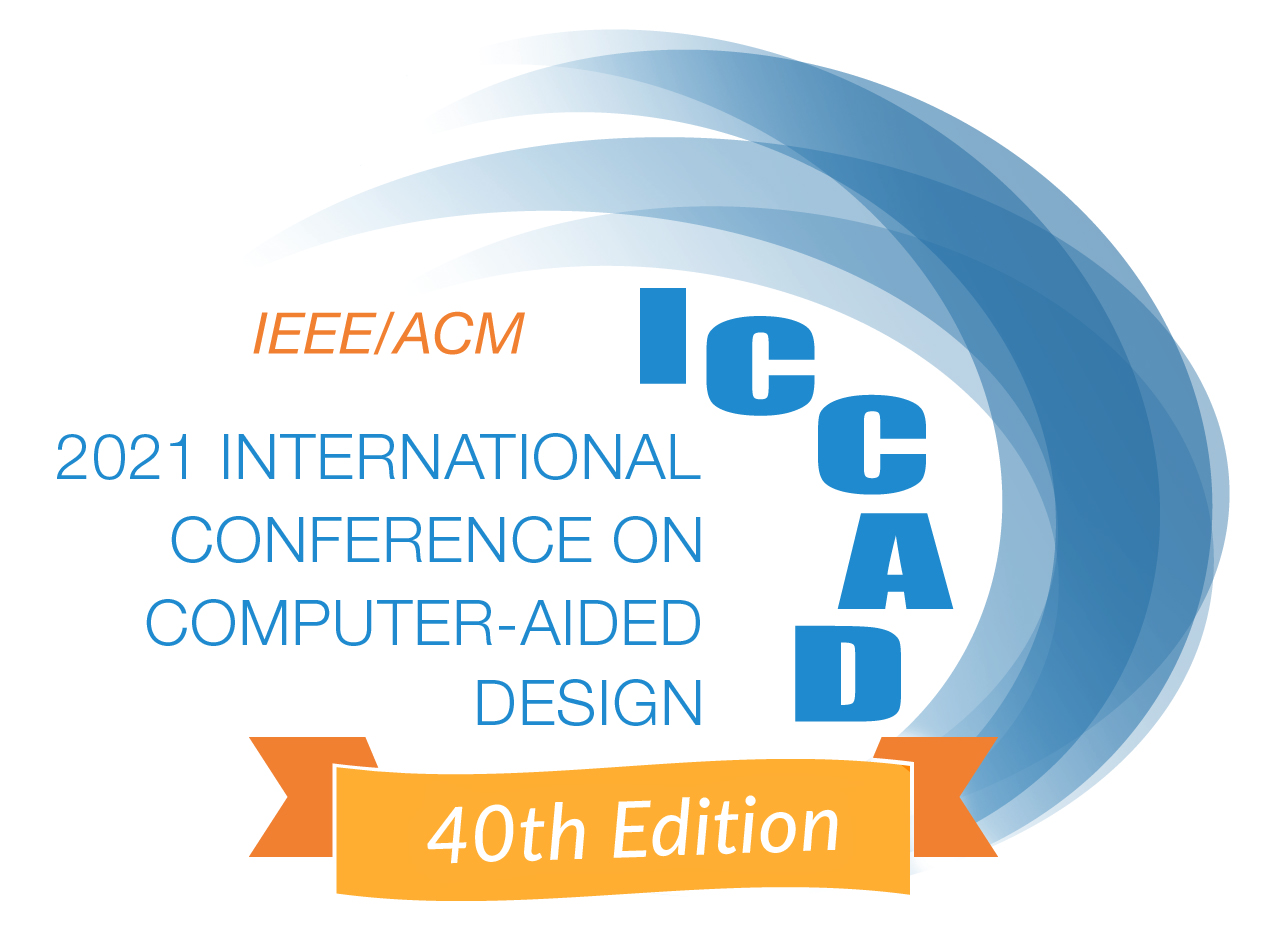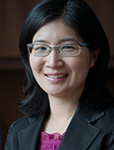2021 International Conference On
Computer-Aided Design
40th EDITION
The Premier Conference Devoted to Technical Innovations in
Electronic Design Automation
Virtual Technical Program:
November 1-4, 2021
Networking In-Person:
November 5, 2021
November 1-4, 2021
Networking In-Person:
November 5, 2021

 Vivienne Sze
Vivienne Sze Elison Matioli
Elison Matioli David Patterson
David Patterson Dirk Ziegenbein
Dirk Ziegenbein